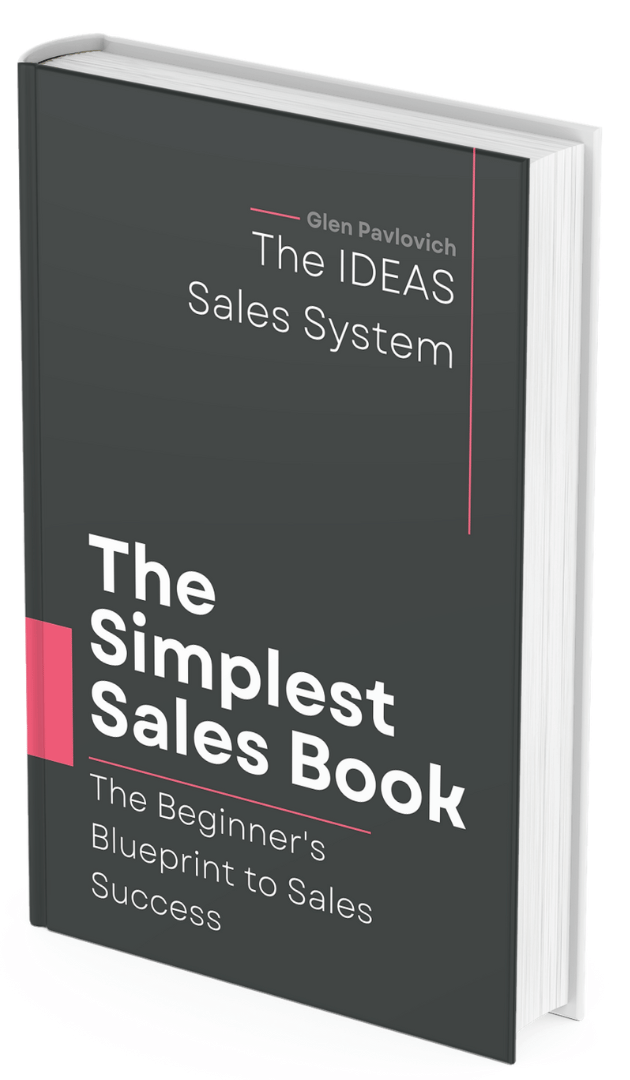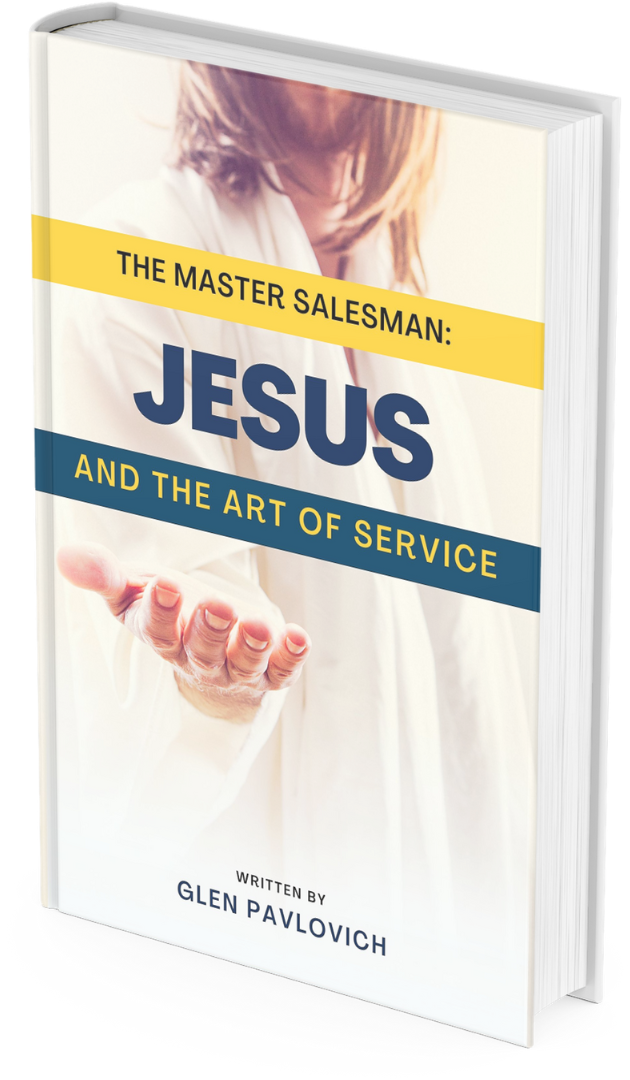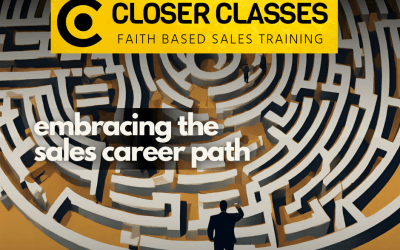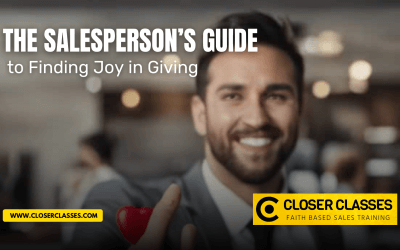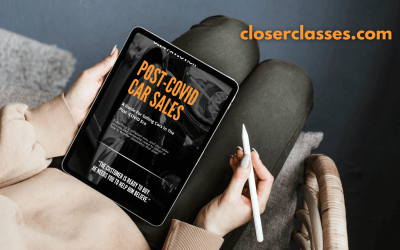Sales is more than a simple exchange of goods and services. Sales is the art of connecting, resonating, and building a relationship with the consumer. This is a notion that isn’t new but has been profoundly personified by historical and religious figures, most notably Jesus. In my book, The Master Salesman: Jesus and the Art of Service, I discuss how Jesus was the epitome of what sales could be—deeply personal, relationship-driven, and designed to serve the needs of others. Today, let’s talk about how you can become the face of your product by applying the principles of personal connection in your sales strategy.
Colonel Sanders: More than Just Fried Chicken
Let’s start by exploring some real-world champions of personal connection in sales. Colonel Sanders didn’t just sell fried chicken; he became synonymous with it. Here is a man who lifted himself from obscurity to become a brand in and of himself. How did he do it? It wasn’t just the finger-licking good recipe; it was the Colonel’s persona—his white suit, his southern charm, his personal connection with what he was offering. He wasn’t just providing food; he was serving an experience wrapped in a narrative.
Debbi Fields: The Name Behind the Cookie
Then there’s Debbi Fields of Mrs. Fields Cookies. It’s not just the cookies that made the brand a household name; it’s Debbi herself. Her story and passion for baking offered a sweetness that went beyond the cookies. Her brand isn’t just a logo; it’s a face, a person, a narrative.
Martha Stewart: More than Magazine Covers
Martha Stewart took the concept of home décor and cooking and turned it into a lifestyle. She did so not just through her expertise but also through her compelling personal story and connection with her audience. Martha wasn’t just selling products; she was selling a way of life that she genuinely believed in.
Vince Offer and the Slap Chop Revolution
Remember Vince Offer from the Slap Chop commercials? He single-handedly turned an ordinary kitchen tool into a must-have product. It wasn’t just about the utility of the Slap Chop but about Vince’s unique, engaging pitch, blending humor and enthusiasm. He became the story behind the product.
James Dyson: The Spirit of Innovation
In an industry as mundane as vacuum cleaners, James Dyson made his mark. His name became synonymous with innovation and reliability. It wasn’t just because his vacuums were top-notch but because he became the face of his product, expressing his passion for design and efficiency.
Mike Lindell: A Pillow’s Personal Connection
Mike Lindell did something similar with MyPillow. By sharing his personal story of struggle and triumph, Lindell brought an otherwise ordinary product—pillows—to life. He became a symbol of American entrepreneurship and determination, thereby infusing his pillows with that same spirit.
All these entrepreneurs mastered the art of ‘Introducing’ in the IDEAS Sales System, a concept I delve into in detail. To introduce isn’t just to present your product. It’s about owning your narrative and intertwining it with the value proposition of what you offer. It’s about stepping out of obscurity and becoming a face people can connect to and trust.
The Timeless Teachings of Jesus
The idea of intertwining your story with your product or service finds its most profound example in the teachings of Jesus. When Jesus spoke, he often told parables, rich in meaning and laden with moral teachings. He wasn’t merely presenting commandments; he was connecting on a deeply personal level. As it says in Matthew 13:34 (ESV), “All these things Jesus said to the crowds in parables; indeed, he said nothing to them without a parable.”
Your introductions can be more than transactions; they can be transformative experiences. Jesus’ introductions were never about a quick conversion but about forming a deeper understanding and relationship. His method aligns perfectly with the Triad of Belief—Belief in your industry, Belief in your company, product or service, and Belief in yourself. Only then can you effectively transfer that belief to your customer.
Own Your Narrative, Own Your Success
In a crowded marketplace, what sets you apart isn’t just the quality of what you offer but the authenticity and passion with which you present it. The purpose behind your product should be as compelling as the product itself. Own your narrative. Be more than a salesperson; be a storyteller. Be a believer in what you offer, and you’ll find that others will believe in it too. If you want to dive deeper into these insights, my book The Master Salesman: Jesus and the Art of Service can serve as your guide.
As you consider these elements, it may also be beneficial to engage in one-on-one training and coaching sessions at Closer Classes to fully integrate these principles into your sales strategies.
The customer is ready to buy. He needs you to help him believe.
Article Summary
This article delves into the importance of personal connection in sales by citing real-world examples and linking them to time-honored principles. It emphasizes the need for salespersons to own their narrative, backed by authentic belief in their product, to create meaningful customer relationships.



